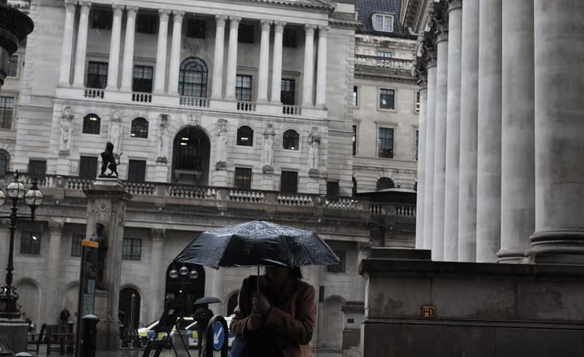The Bank of England is expected to raise its key interest rate for a 15th straight time Thursday but a pause appeared likely after an unexpected drop in UK inflation, according to Digital Journal.
Ahead of this week’s monetary policy meeting, many believe that the Bank of England will raise borrowing costs again, but Wednesday’s official data on consumer prices in August dampened the outlook. The UK central bank is announcing its decision a day after the US Federal Reserve left interest rates unchanged but said another rate hike is likely in 2023, with a smaller rate cut in 2024.
Thursday will also see central bank rate decisions in Norway, Sweden and Switzerland. All of them are expected to raise rates as inflation remains high in these European countries. The Bank of England may add to that list by raising the rate to 5.5 per cent from 5.25. Danni Hewson, head of financial analysis at AJ Bell, noted:
What had seemed like a sure thing is cast into doubt. Moments after the shock inflation number was released, the market expectation of a Bank of England rate rise began to plummet.
The Consumer Price Index fell to 6.7 per cent last month from 6.8 per cent in July. It was the lowest since February 2022 and missed expectations of an acceleration to 7.1% due to higher energy prices.
Following the data, a Bloomberg survey of analysts showed another rate hike was a 50-50 chance. Interest-rate decisions were due Thursday also from Indonesia, South Africa and Turkey.
After the release of the data, a Bloomberg survey of analysts showed that the probability of another rate hike is 50/50. Indonesia, South Africa and Turkey were also due to make interest rate decisions on Thursday.
A fresh Bank of England rate hike will push borrowing costs to their highest level since the global financial crisis began more than 15 years ago. Central banks have tightened borrowing costs to multi-year highs as inflation has soared globally since the war started in Ukraine and energy and food prices have risen sharply.
The European Central Bank has made 10 consecutive rate hikes but is now signalling that borrowing costs in the eurozone may have peaked. This comes after data emerged this week that eurozone inflation slowed slightly in August.
UK inflation hit a 41-year high of 11.1 per cent in October 2022, while the Bank of England is tasked by the government to keep it at around 2 per cent. In an effort to stem rising prices, the Bank of England began raising its key interest rate from a record low of 0.1 per cent at the end of 2021, when inflation began to rise as the economy gradually emerged from isolation.
Rate rises have exacerbated the cost of living crisis and retail banks have followed suit by significantly increasing mortgage rates. Landlords, in turn, have raised house rents. At the same time, banks have offered higher interest rates on savings for those who can afford to save.
